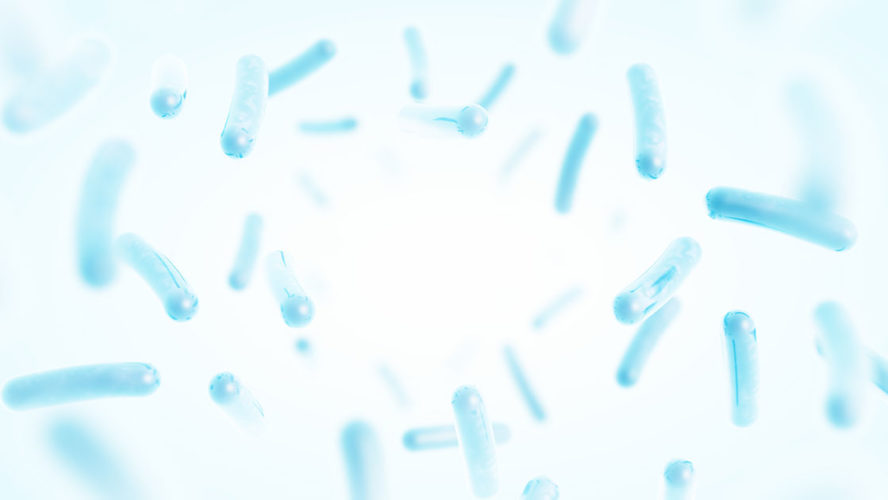Your gut microbiome is a powerhouse of health. Probiotics directly impact digestive health and indirectly impact the whole body. Support your gut microbes and overall health with probiotics.

George Paraskevakos, M.B.A.
Executive Director, International Probiotics Association (IPA)
You are never alone; within and on you are trillions of microbes. These microbes are powerhouses for human health. Communities of microbes located on and in humans are called “microbiomes,” including those in the gut, skin, lung, liver, and heart. Each microbiome plays a specific role in the body, yet they are also functionally interconnected. If you’ve ever wondered why your gut gets butterflies or your stomach hurts when you’re stressed, that is evidence of the link between the gut-brain axis.
Interestingly enough, the impact of the microbiota reaches far beyond our gut; the gut microbiome seems to have a central role in bodily health. Poor gut health can have far-reaching effects, leading to symptoms in other regions of the body such as the skin. The reverse is also possible, and improving gut health has been shown to improve overall health in various ways.
Probiotics, gut health, and beyond
Probiotics are live microorganisms that, when administered in adequate amounts, confer a health benefit to the host. Probiotics directly enhance digestive health, and their beneficial effects on the immune and metabolic system indirectly affect health all over the body, especially in locations like the skin, heart, metabolic systems, brain, and urogenital tract.
Benefits of probiotics extend beyond the gut, including the brain, skin, liver, respiratory tract, and urogenital tract. Most probiotic research supports gastrointestinal indications such as IBS (irritable bowel syndrome) and antibiotic-associated diarrhea, but it can also help digest certain nutrients such as lactose and fiber. Additionally, probiotics help to balance microorganisms within the digestive tract by facilitating the growth of beneficial organisms, crowding out unhealthy pathogens, and reducing inflammation — supporting gut and immune health. Perhaps the flashiest beyond-the-gut benefit of probiotics includes the brain. Specific strains of probiotics have been shown to improve mood and reduce symptoms of stress, anxiety, and depression.
Over 70% of the immune cells are located within the gut. A healthy gut supports a healthy immune system. Specific probiotic strains have shown immune support during colds, flus, and specific viruses. A reduction in severity of cold symptoms and duration have been shown in research.
Research has also shown specific probiotic strains support weight management, reduce non-alcoholic liver disease, and reduce infections of the respiratory and urogenital tracts.
Additional selected probiotic digestive targeted effects include:
- Reduction in gas, bloating, and other symptoms from an imbalance of gut microbes
- Reduction in irritable bowel symptoms
- Reduction of colic symptoms in babies
- Reduction in duration and severity of diarrhea due to travel or antibiotic use
- Improved integrity of the digestive tract by strengthening and supporting the gut barrier
- Alteration of intestinal pH, producing a hostile environment for pathogenic microbes
- Production of vitamins B and K
The future for probiotics
Deeper understanding of the role the human microbiome will give a better understanding of health and provide opportunities for next generation probiotics and more specific personalized health needs. For now, support your gut microbes and health with probiotics.



